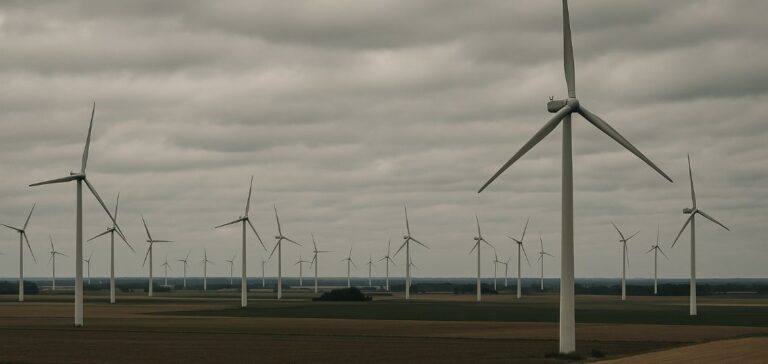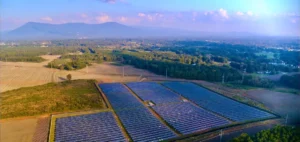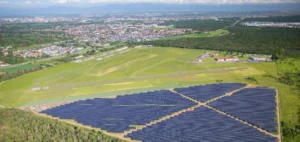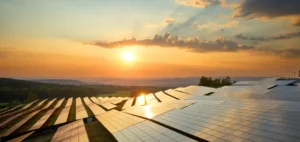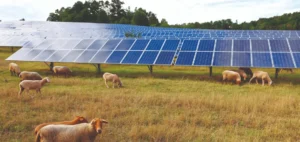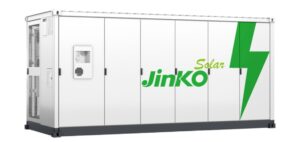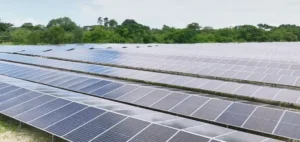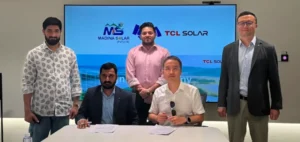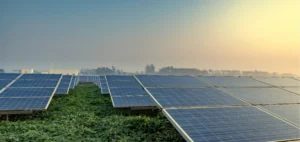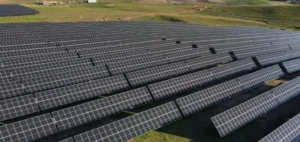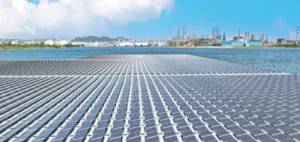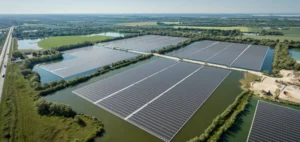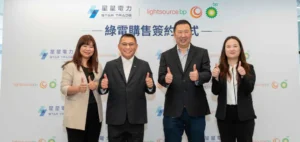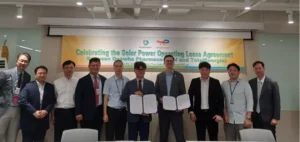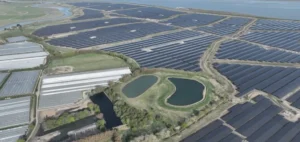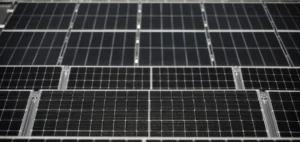The Federal Government of Nigeria is considering implementing a ban on the importation of solar panels, a move intended to promote domestic manufacturing in a growing sector. This measure, announced in late March by the Minister of Science, Innovation and Technology, Uche Nnaji, follows an estimated import bill of USD200mn over the past two years.
This policy direction comes amid a sharp increase in the cost of installing solar systems. The average price of a household setup rose from NGN250,000 (USD163) in 2022 to NGN550,000 (USD359) in 2023, an increase of 120%, according to government data. Despite this inflation, imports remain dominant due to what sector professionals describe as insufficient local production capacity.
Private sector concerns over industrial capacity
The Centre for the Promotion of Private Enterprise (CPPE), represented by its Executive Director Muda Yusuf, has voiced concerns about the proposed ban. He stated, “Banning the importation of solar panels while national production capacity is clearly insufficient would only worsen the country’s energy crisis.” He noted that Nigeria’s per capita electricity consumption stands at around 160 kWh annually, compared with a sub-Saharan African average of 350 kWh.
This situation, coupled with persistently high tariffs on solar equipment, hampers large-scale adoption—even though such technology is one of the recognised tools for improving energy access in a country with limited grid infrastructure.
Between industrial self-reliance and energy urgency
Several economic stakeholders argue that the government’s priority should be to expand access to solar technology rather than restrict its availability. The debate around the ban highlights an ongoing tension between the drive for industrial autonomy and the urgency of meeting basic energy needs, particularly in rural or underserved regions.
Nigeria’s solar sector is experiencing growth driven by off-grid initiatives, which attract both international financing and private investment. The proposed measure could slow this momentum unless domestic production capacities are rapidly strengthened to offset the potential halt in imports.

